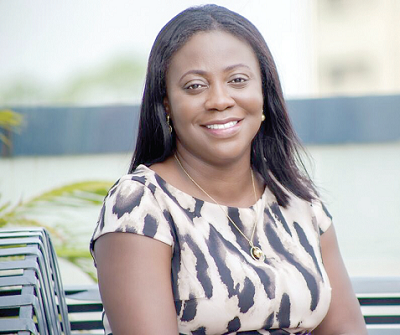Mrs Patricia Obo-Nai, CEO of Vodafone Ghana, has disagreed with government suggestions to introduce taxes on mobile money transactions.
Despite the fact that the mobile money service has a high rate of awareness in the country, its penetration on the digital market is still quite low.
Speaking in an interview, Mrs Obo-Nai said, “If you ask me, I still think the industry is still young. If you tax mobile money you won’t get the penetration you require”.
Penetration stands at only about 45% of Ghanaians using the service comfortably.
According to her, introducing taxes for mobile money transactions will only discourage the frequent use of the service. And this, she said, is unhealthy for the country’s digital market space.
In June this year, the World bank described Ghana as the country with the fastest growing mobile money market in Africa, with account registrations increasing in 6 folds.
Despite this, the Vodafone CEO believes a lot more can be done to encourage penetration of the service.
She said, mobile money must not be taxed to ensure that the attitudes needed to shape the digital market are adopted.

Earlier this year, Communications Minister, Honourable Ursula Owusu-Ekuful at a press conference in Accra, fought to have mobile network operators be taxed for the profit they generate on mobile money transaction.
The Minister said network operators generated almost GH¢71 million monthly on the transactions, hence necessitating the need to tax the industry.
Mrs Obo-Nai, however, disagrees with the Minister, further stating that what is necessary are measures to broaden mobile money access, rather than putting in place policies to stifle its use.
She said, “As long as you make it expensive for me to do it, I will not change my behaviour”.
Further buttressing her points, she charged the government to consider how mobile money has played essential roles in the economies of other countries and try to do the same for Ghanaians.
She also advised the government to make transactions using the service, suggesting the government could make its payments using the service.






